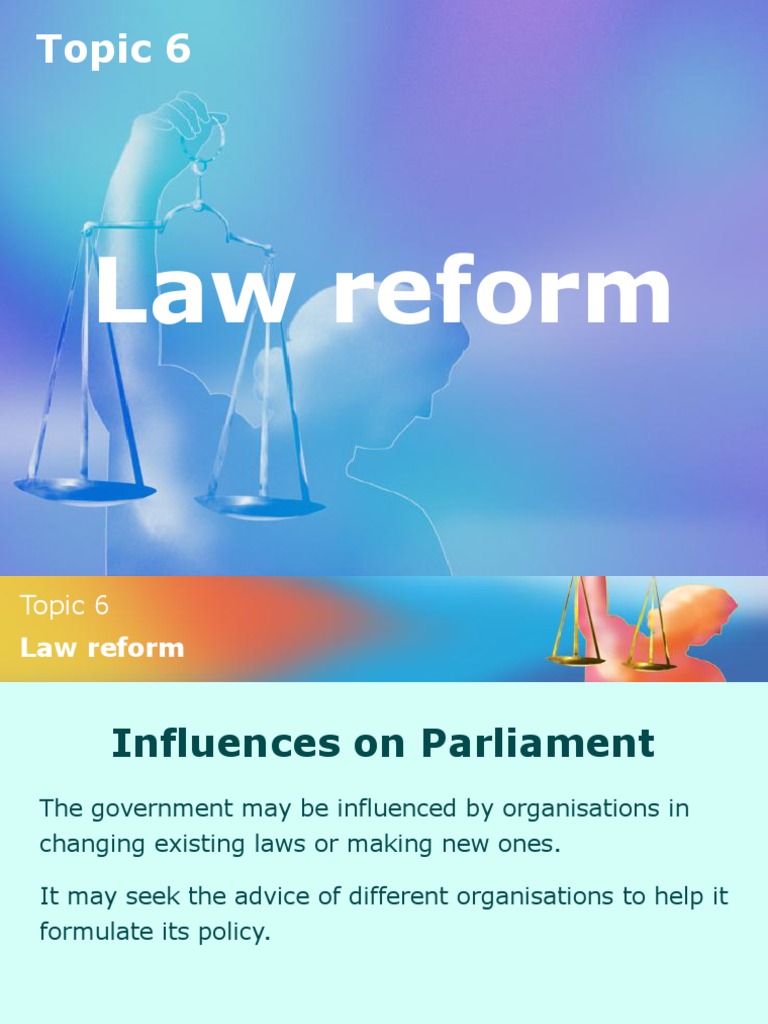The Bahá’í teachings present a distinctive perspective on politics, reform, and the rule of law, emanating from a commitment to unity, justice, and the moral imperatives of governance. This philosophical framework is not merely an abstraction but is intricately linked to the fabric of societal development and individual empowerment.
In examining the role of politics within Bahá’í thought, one must consider the foundational principle that human affairs are interrelated. The holistic approach of the Bahá’í Faith emphasizes that political systems are inextricably tied to spiritual principles. At the core of this understanding lies the conviction that true political reform must be underpinned by ethical considerations and an unwavering commitment to justice. The imperative for governmental structures to harmonize with moral tenets speaks to the essence of the rule of law in a Bahá’í context.
Politics, as espoused by Bahá’í teachings, transcends mere administration. It encompasses the governance of human souls. The politics of the future, as envisioned, involves the establishment of systems which are not solely efficient but also infused with equity and compassion. In this sense, the Bahá’í Approach to reform demands that leaders eschew corruption and engage in governance that serves all segments of society, prioritizing the common good over partisan interests.
Furthermore, the Bahá’í Faith posits the necessity for global governance structures that reflect a collective aspiration toward peace and unity. The present paradigms of nationalism and self-interest have contributed to a fragmented global landscape, fostering discord rather than cooperation. The Bahá’í perspective urges the transcendence of such divisions, advocating for the establishment of a global parliament. This legislative body would embody the principles of democracy at an international level, facilitating the resolution of conflicts and promoting collaborative initiatives aimed at addressing the challenges of our time.
In the pursuit of political reform, the Bahá’í community champions the establishment of a rule of law that is equitable and accessible—a system where laws protect the rights of all individuals and foster accountability. Such a legal framework is essential for safeguarding human dignity and ensuring that justice prevails. It is also crucial in preventing the abuse of power by those in governance, which can lead to tyranny and oppression. Empowering people through education about their rights forms an integral part of the reform process, fostering a citizenry that is engaged and informed.
The Bahá’í emphasis on consultation stands as a pivotal aspect of political discourse. This process is lauded as a mechanism that not only facilitates collective decision-making but also nurtures an environment of respect and open-mindedness. By fostering a culture of consultation, diverse opinions can converge to formulate policies that reflect the will of the people rather than the whims of a select few. Thus, governance transforms from an autocratic exercise into a harmonious collaborative engagement, enhancing societal cohesion.
Of paramount importance is the concept of justice. The Bahá’í teachings on politics underscore that justice is not merely a principle of law, but a transformative force capable of restoring balance and harmony in society. It serves as a fulcrum upon which all political systems must rest. When justice is upheld, the foundations of trust and goodwill are solidified within the community, enabling constructive dialogue and fostering a participatory atmosphere. This tool of moral governance is instrumental in rectifying societal injustices and inequalities.
Examining the implications of the Bahá’í approach to political reform invites contemplation of the complexities of human nature and societal interactions. Adherents recognize that the interdependencies of individuals and communities call for an evolution in political consciousness. Consequently, the teachings encourage personal reflection and a commitment to act with integrity in one’s personal and social spheres—a reflection of the notion that individual transformation precipitates broader societal change.
The integration of science and religion is another facet of Bahá’í teachings that bears significance in the political realm. The interplay of these two realms promotes a worldview that values rationality while maintaining spiritual awareness. The Bahá’í approach advocates for policies informed by scientific understanding, aligned with ethical considerations, reinforcing the necessity for enlightened leadership that can navigate the challenges of the modern world with compassion and reason.
Moreover, a sustained and enduring commitment to the rule of law cannot exist in a void. Bahá’í teachings stipulate that a society’s legal system must be continually reviewed and revised to ensure it reflects evolving norms and ethical standards. This dynamic approach acknowledges the complexities of contemporary issues, underscoring the responsibility of societies to engage in reflective practices that catalyze reform as needed.
Ultimately, the Bahá’í perspective is not prescriptive in a dogmatic sense; rather, it invites individuals and communities to partake in a collective journey toward enlightenment and justice. It acknowledges the transformational potential of political engagement when infused with moral purpose. Engaging in discourse that transcends self-interest is essential to forge agreements that resonate with the values of empathy, solidarity, and shared aspiration.
In conclusion, Bahá’í teachings on politics, reform, and the rule of law serve as a clarion call to cultivate systems marked by justice, equity, and collective responsibility. By grounding political practice in ethical reflections and a commitment to the greater good, communities can aspire to build constructive and harmonious societies where the dignity of each individual is upheld. This exploration of Bahá’í principles invites us to reflect on our role in the larger tapestry of human development, challenging us to engage actively in the pursuit of a just and peaceful society.
